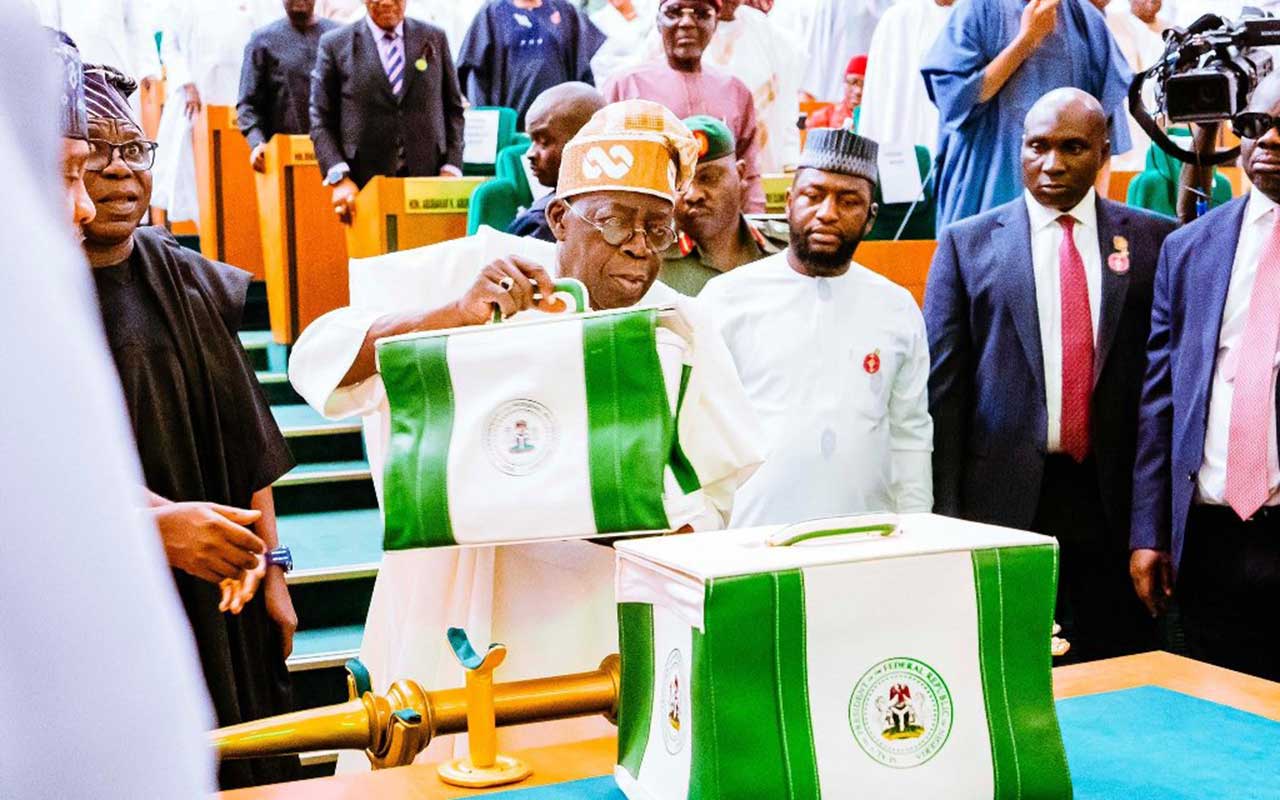
In the complex and evolving landscape of Nigerian politics, Senator Godswill Akpabio has emerged as a pivotal figure, redefining the role of strategic leadership within the Nigerian Senate.
As the President of the 10th Senate, Akpabio’s leadership has been marked by a combination of political acumen, legislative experience, and an ability to navigate Nigeria’s intricate power dynamics.
His tenure represents a defining moment in the country’s democratic journey, offering both opportunities and challenges for governance and legislative reforms.
Political Journey Shaped by Experience
Senator Akpabio’s rise to prominence has been anything but accidental. A lawyer by training, he first made his mark as the Governor of Akwa Ibom State from 2007 to 2015, where he gained national recognition for his infrastructural projects and a governance style that many described as transformational.
His “Uncommon Transformation” agenda reshaped the state’s economic landscape, particularly through massive investments in education, healthcare, and public infrastructure.
This experience as a state executive proved invaluable when he transitioned to the national stage as a senator in 2015.
His tenure in the Senate saw him take on critical leadership roles, including as the Minority Leader, before being appointed Minister of Niger Delta Affairs by President Muhammadu Buhari in 2019.
These experiences equipped him with a deep understanding of both legislative and executive governance, making him a formidable player in Nigeria’s political system.
His Strategic Leadership in the 10th Senate Cannot Be Overemphasized
When Akpabio was elected Senate President in June 2023, his leadership was met with both optimism and skepticism.
His strategic maneuvering to secure the position, backed by the ruling All Progressives Congress (APC), demonstrated his political dexterity and ability to consolidate power within Nigeria’s often-fractious legislative space.
One of Akpabio’s first strategic moves was to foster a cooperative relationship with President Bola Ahmed Tinubu’s administration.
In a country where executive-legislative conflicts have often hindered governance, Akpabio has worked to strike a balance between independence and collaboration, as the Senate has largely supported the policy directions of the executive while ensuring that legislative authority is maintained.
Additionally, his leadership has sought to promote stability within the Senate by managing the competing interests of lawmakers across party lines.
Given Nigeria’s history of Senate leadership struggles—where internal rivalries have led to impeachments and power tussles—Akpabio’s ability to maintain cohesion is noteworthy.
His experience as a former governor and minister has given him the skills necessary to navigate the complex web of alliances and rivalries that define Nigerian politics.
Under Akpabio’s leadership, the Senate has prioritized key legislative and policy areas aimed at addressing Nigeria’s pressing economic and security challenges. One of the most significant legislative efforts has been the focus on economic reforms, including the removal of fuel subsidies, foreign exchange market adjustments, and policies aimed at improving Nigeria’s investment climate.
Security remains a critical concern, with insurgency in the Northeast, banditry in the Northwest, and separatist agitations in the Southeast. Akpabio has championed legislative interventions aimed at bolstering national security, including increased funding for security agencies and calls for improved intelligence-sharing mechanisms.
Another area of focus has been constitutional amendments. Nigeria’s political structure has long been debated, with calls for restructuring, devolution of powers, and state police gaining traction.
Akpabio’s Senate has signaled a willingness to engage in these conversations, though political complexities make any sweeping reforms a challenge.
Challenges and Criticisms
Despite his strategic leadership, Akpabio’s tenure has not been without criticism. Some opposition figures and civil society organizations have raised concerns about the Senate’s perceived alignment with the executive, arguing that it undermines its oversight role.
There have also been debates about transparency and the effectiveness of legislative processes, particularly regarding budgetary allocations and executive appointments.
Moreover, internal tensions within the Senate remain a latent challenge.
The Nigerian political environment is inherently volatile, and maintaining cohesion among senators with diverse political interests requires constant negotiation and compromise.
While Akpabio has so far managed to hold the Senate together, the test of his leadership will be in how he handles future legislative disagreements and political crises.
The Future of Akpabio’s Leadership
Looking ahead, the trajectory of Akpabio’s leadership will largely depend on how well he navigates Nigeria’s socio-political realities.
With economic pressures mounting, security challenges persisting, and political realignments underway ahead of the 2027 elections, the Senate under his leadership will play a crucial role in shaping Nigeria’s governance landscape.
Akpabio’s ability to balance cooperation with the executive while asserting legislative independence will determine his legacy.
If he succeeds in steering the Senate towards impactful legislative reforms and strengthening Nigeria’s democratic institutions, his tenure could be remembered as a turning point in Nigerian legislative history.
However, if he is perceived as merely a loyalist of the executive, it could raise concerns about the Senate’s effectiveness as a check on power.
Ultimately, Akpabio’s leadership represents a test of Nigeria’s democratic maturity.
His political maneuvering, legislative priorities, and ability to maintain stability in the Senate will be closely watched, not just by Nigerians but by the international community.
As Africa’s largest democracy continues to evolve, the role of strategic leadership in governance—exemplified by Akpabio—will remain central to shaping its future.
His leadership of the Senate is emblematic of the broader struggles and opportunities within Nigeria’s democracy.
His strategic approach to governance, his ability to navigate political complexities, and his focus on legislative priorities make him a key figure in the country’s evolving political narrative.
Akpabio’s leadership has resulted in a lasting legislative impact and political consolidation. His tenure will be a defining chapter in Nigeria’s political history.
Liman was the former Chief Trade Negotiator of Nigeria and Acting Director General, Nigerian Office for Trade Negotiations. He writes via [email protected]






